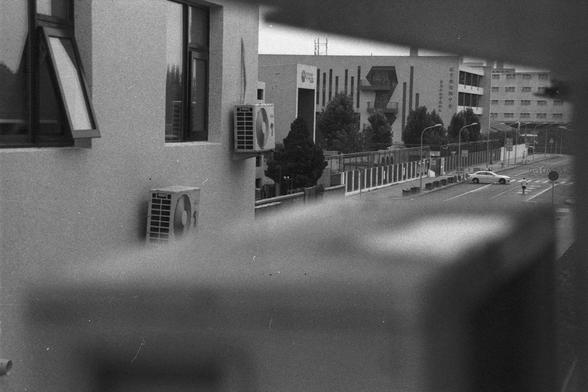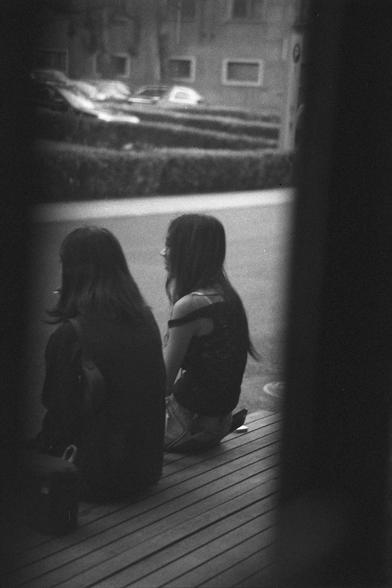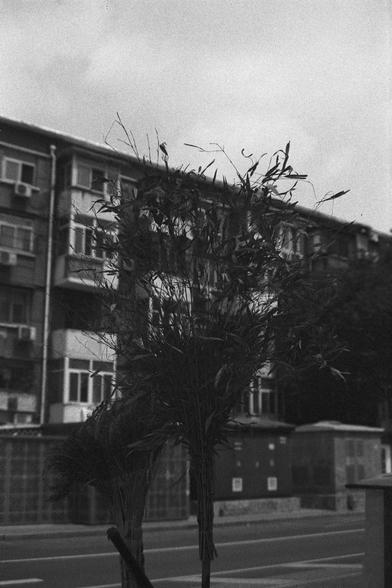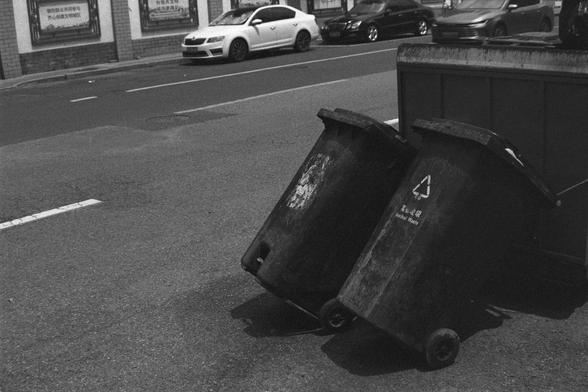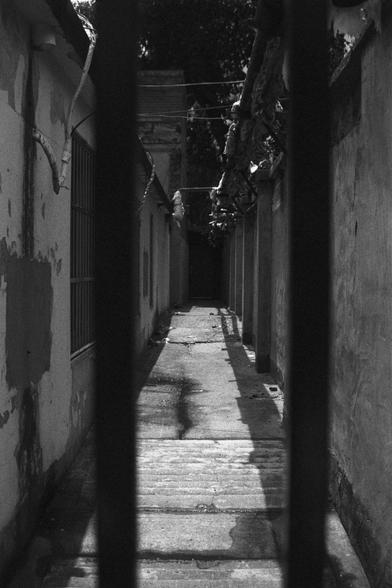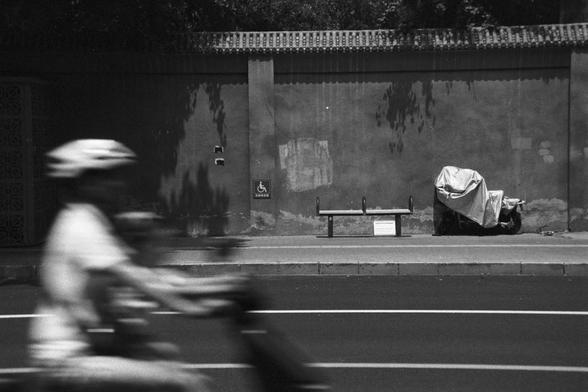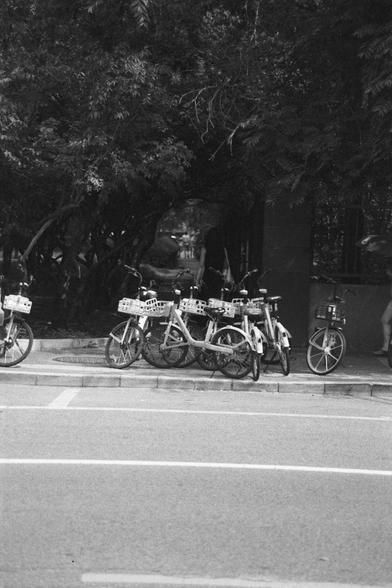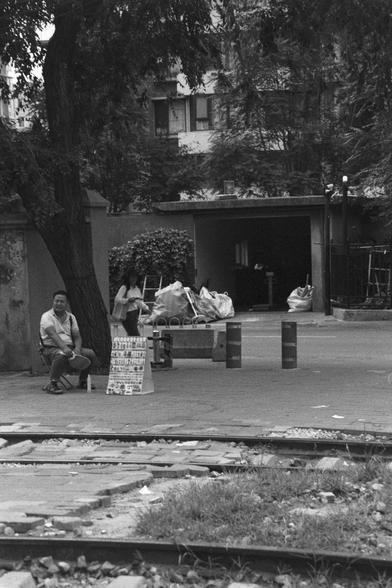2025-12-24 19:36:08
Analysis: Oracle has moved $66B of debt for building AI data centers off its balance sheet using SPVs; Meta has moved $30B, xAI moved $20B, and CoreWeave $2.6B (Tabby Kinder/Financial Times)
https://www.ft.com/content/0ae9d6cd-6b94-4e22-a559-f047734bef83
2025-11-17 18:33:49
2025-10-13 06:27:35
Ein geniales Konzert war das gestern in der Stuttgarter Matthäuskirche. Paulo Oreni spielte wie in einer französischen Kathedrale.
@…
#Orgel #Stuttgart
2025-10-12 00:30:02
Moody Urbanity - Oracles II 🈳
情绪化城市 - 谕 II 🈳
📷 Nikon FE
🎞️ Ilford HP5 Plus 400, expired 1993
#filmphotography #Photography #blackandwhite
2025-12-15 00:57:58
"Round- tripping" money has become the coin of the realm in the AI boom.
In September, AI chip king Nvidia announced it would invest
$100 billion in OpenAI, the start-up behind the wildly popular ChatGPT.
OpenAI promptly unveiled massive investments in SoftBank and Oracle, which are building gargantuan data centers that run on, you guessed it, Nvidia chips.
In other words, Nvidia helped to finance the purchase of its own products by investing, directly an…
2025-12-12 16:18:19
Sources: Oracle has pushed back completion dates for some data centers it is building for OpenAI from 2027 to 2028, largely due to labor and material shortages (Brody Ford/Bloomberg)
https://www.bloomberg.com/news/articles/2025…
2025-10-04 14:30:57
Overall the media consolidation described below is beyond four alarm fire levels.
E. Musk is dangerous to society, but Musk acts like an addled kid who read too much bad Sci-fi. Ellison doesn't have those positive qualities - he is much like the killer car, Christine, in the Steven King novel.
My first experience with Ellison's Oracle was back around 1980 or '81 when Oracle people came to our company and more than asked, they ordered us, to make sure that their produ…
2025-11-12 16:20:52
2025-10-11 06:56:48
Herzliche Einladung zur Langen Nacht der Kirchen in #Ostfildern. Großes Highlight bei uns: Paolo Oreni aus Mailand wird ab 21 Uhr zu einem Stummfilm an der Orgel improvisieren. Er ist wirklich ein begnadeter Organist und Improvisationskünstler, siehe https://www.
2025-10-13 00:30:01
Moody Urbanity - Oracles III 🈳
情绪化城市 - 谕 III 🈳
📷 Nikon FE
🎞️ Ilford HP5 Plus 400, expired 1993
#filmphotography #Photography #blackandwhite

